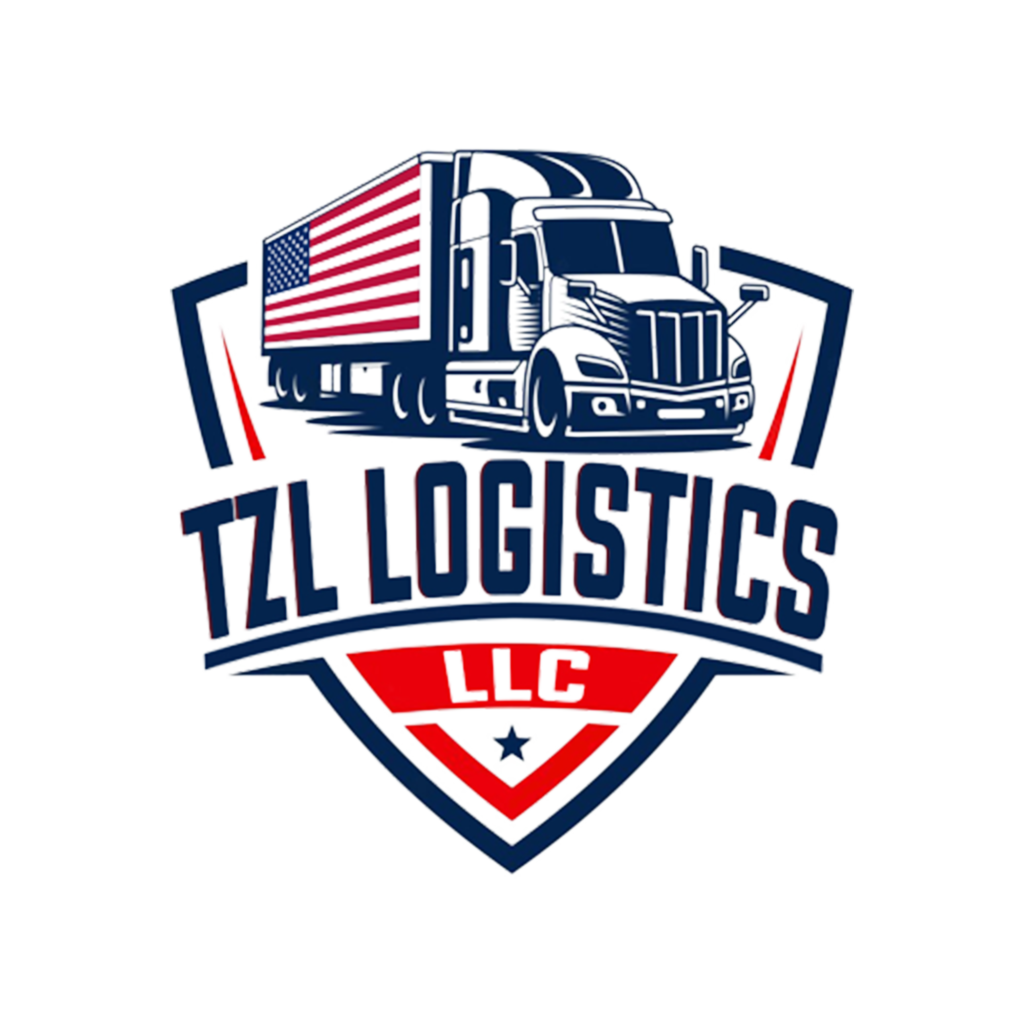Modern freight trucks have evolved significantly over the years, breaking away from traditional stereotypes. Here are some out-of-the-box perspectives on modern freight truck stereotypes:
- Technology-driven: Modern freight trucks are no longer just vehicles for transporting goods. They have become highly advanced and technology-driven machines. With features like GPS tracking, telematics systems, and real-time monitoring, these trucks are now equipped with cutting-edge technologies to enhance safety, efficiency, and fleet management. They are transforming into smart, connected vehicles that optimize routes, monitor fuel consumption, and provide valuable data for logistics planning.
- Sustainable and eco-friendly: Traditionally, freight trucks were associated with high emissions and environmental impact. However, modern trucks are embracing sustainability and eco-friendliness. Many freight companies are investing in electric or hybrid trucks that significantly reduce carbon emissions. Furthermore, advancements in fuel efficiency, aerodynamics, and alternative fuels are being integrated into modern trucks, making them more environmentally conscious and reducing their carbon footprint.
- Driver-centric: The image of the tired, overworked truck driver is being redefined with modern truck designs. Ergonomics and driver comfort have become crucial considerations in truck manufacturing. Features such as adjustable seats, improved cabin insulation, advanced climate control, and enhanced visibility are incorporated to prioritize the well-being and safety of truck drivers. Additionally, technology integration in the form of driver assistance systems and improved connectivity allows for better communication and support for drivers on long hauls.
- Versatile and adaptable: Modern freight trucks are designed to handle diverse and specialized cargo requirements. They come equipped with flexible configurations, adjustable trailer heights, and advanced loading/unloading mechanisms to accommodate various types of goods, including oversized or delicate cargo. This versatility allows for efficient and safe transportation of a wide range of products, making freight trucks adaptable to the evolving needs of the logistics industry.
- Data-driven logistics: Modern freight trucks are transforming into data hubs. They are equipped with sensors and onboard systems that collect valuable data during transit, including vehicle performance, fuel consumption, and environmental conditions. This data is then utilized for analytics and optimization, enabling logistics companies to make informed decisions, optimize routes, predict maintenance needs, and enhance overall operational efficiency.
- Collaborative and integrated: Modern freight trucks are part of a larger interconnected ecosystem. They are increasingly integrated with digital platforms, logistics networks, and supply chain management systems. This integration enables real-time communication between drivers, dispatchers, and customers, facilitating seamless coordination and efficient delivery. Collaborative technologies also empower freight trucks to be part of shared logistics networks, optimizing load capacities and reducing empty miles.
- Safety-focused: Safety has always been a top priority in the trucking industry, and modern freight trucks continue to push the boundaries in this regard. Advanced safety features, such as collision avoidance systems, lane departure warnings, and adaptive cruise control, are now standard in many trucks. Additionally, advancements in driver training programs, fatigue management technologies, and improved road infrastructure contribute to making freight trucks safer for drivers and other road users.








